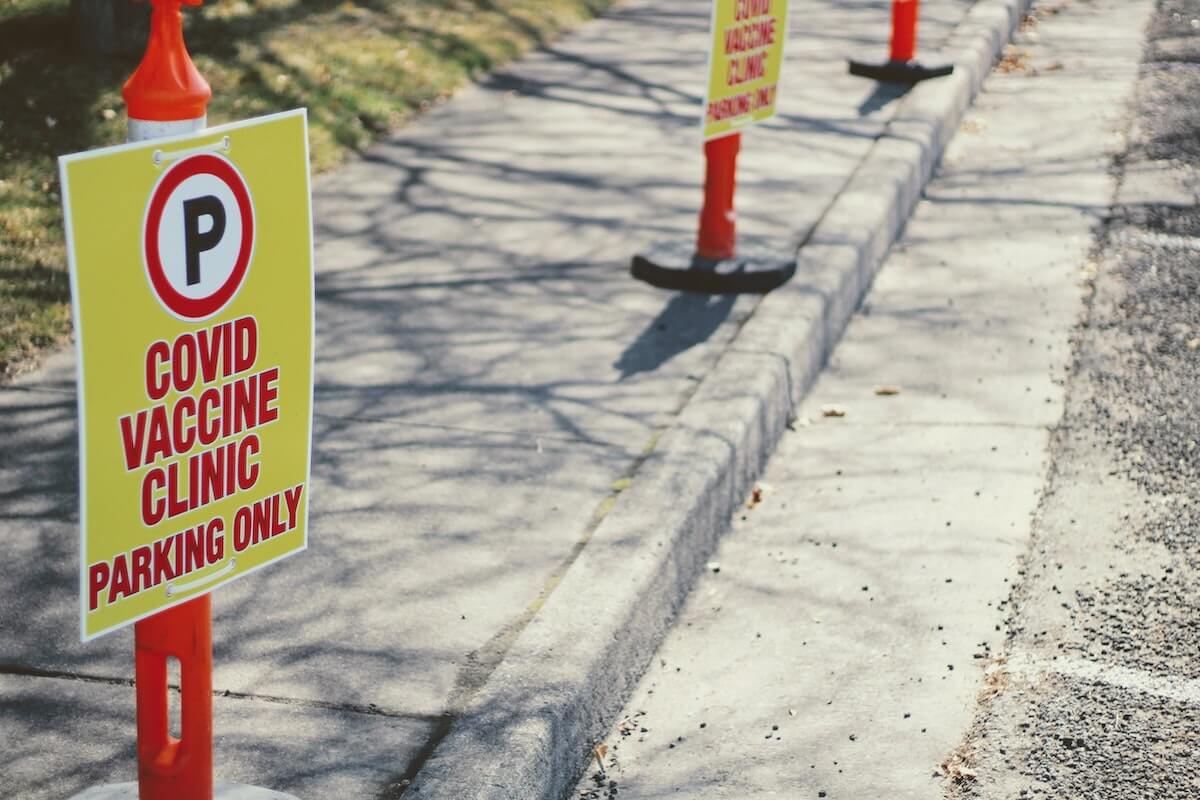It’s our new greeting. After “Hello” and “How are you?” the next questions are likely to be: “Have you been vaccinated yet?” . . . “Which one did you get?”. . . “How did you feel afterward?” Snapshots of vaccination cards are shared by family, friends, and work colleagues, as the life-saving vaccines become more widely available. But what if you choose not to get vaccinated, for medical, religious, or other personal reasons? Can refusing to get vaccinated against COVID-19 cost you your job?
The answer, at present, is—it depends on where you live. Because there is no federal mandate for citizens to get vaccinated against Covid, laws and regulations surrounding vaccination requirements have been left to each state government. Nonetheless, constitutional protections for religious freedom and federal laws prohibiting employment discrimination also shape what is and is not permissible in the workplace.
No Federal Mandate for Vaccination
The federal Food & Drug Administration (FDA) has given three vaccines—Pfizer, Moderna, and Johnson & Johnson—Emergency Use Authorization. These vaccines are now being widely distributed throughout the U.S., and there is a growing body of research that the vaccines are highly effective, especially in preventing serious illness and hospitalization from COVID-19. The Centers for Disease Control (CDC) states, however, that the “federal government does not mandate (require) vaccination for individuals.” At the same time, the CDC notes that certain healthcare workers or other essential employees may be required by state or local governments, or by private employers, to be vaccinated.
State and Local Vaccination Requirements Limited by Federal Employment Laws and First Amendment
Any vaccination requirements at the state or local level, or by private employers, are limited, however, by federal anti-discrimination laws and by the First Amendment. The Americans with Disabilities Act (ADA) and other Equal Employment Opportunity (EEO) federal laws, including Title VII of the Civil Rights Act (which outlaws sex discrimination based on pregnancy) require employers to make accommodations for individuals who choose not to get the vaccine due to medical issues for which the vaccine is contraindicated. In addition, the First Amendment protects individuals who refuse the vaccine because of their religious beliefs.
Subject to the above exemptions, a state can mandate that its employees get vaccinated, especially in a state where employment is at-will and/or when the state employees are considered essential.
Massachusetts has not pursued this legal route for state employees, nor has the Commonwealth ordered private employers to require vaccinations. In fact, recent reports indicate that a significant proportion of first responders, front-line health workers, and others who deal directly with the public have resisted the vaccine. This has prompted some calls for mandated vaccinations. According to the Boston Globe, Massachusetts Attorney General Maura Healey recently suggested that, barring any medical exemptions, “public safety employees, such as State Police and prison workers, should be expected to get the shots.”
Many states, however, are considering legislation that would prohibit private employers from requiring their employees to be vaccinated. Underlying these proposals is an acknowledgement that employees who consider a vaccination mandate a violation of their privacy would likely litigate the order.
Employers Must Provide Accommodations for Employees with Protected Status Who Decline Vaccine
If you choose not to get vaccinated on account of a disability, pregnancy, or religious belief, your employer must provide a reasonable accommodation. For example, to honor an employee’s choice without endangering other employees from risk of exposure to the virus, an employer might offer accommodations to work remotely, to work a different shift, to take a new position within the company, or to move the employee’s physical workstation.
It is permissible for your employer to run an incentive program to encourage vaccinations, such as paid time off to get the vaccine. The employer also may offer employees alternatives to the vaccine, such as training employees how to reduce the spread of COVID-19 to others, offering remote work options, or, if the employee must work on-site, providing proper protective gear such as a face mask and shield. Mandated masking in the workplace and other public health preventive measures are subject to federal guidelines, state laws, local ordinances, and other laws and regulations. You’ll find Massachusetts mandatory safety standards for workplaces during the pandemic here.
In short, vaccination requirements in the workplace are a work in progress. Please check our blog regularly for updates as the laws evolve.
Image: Joshua Hoehne

